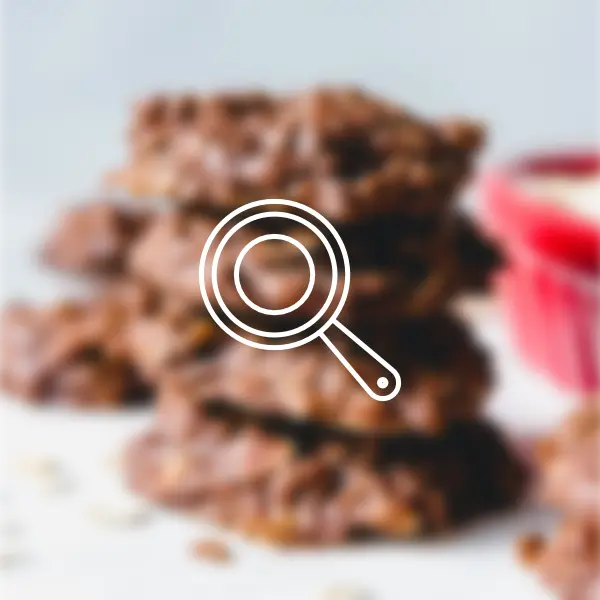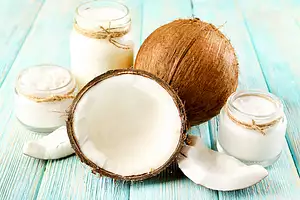Spirulina flakes
About the ingredient spirulina flakes. Including 1 recipes with spirulina flakes.
Contents
What are spirulina flakes?
Spirulina is a type of blue-green algae that is rich in protein, vitamins, minerals, and carotenoids, antioxidants that can help protect cells from damage. It contains nutrients, including B complex vitamins, beta-carotene, vitamin E, manganese, zinc, copper, iron, selenium, and gamma linolenic acid (an essential fatty acid).
Spirulina -- like any blue-green algae -- can be contaminated with toxic substances called microcystins. It can also absorb heavy metals from the water where it is grown. For these reasons, it is important to buy spirulina from a trusted brand.
Test tube and animal studies suggest spirulina may boost the immune system, help protect against allergic reactions, and have antiviral and anticancer properties. However, there is no proof that spirulina has these, or any, benefits in people. More research is needed.
Assessing potential health risks from microcystin toxins in blue-green algae dietary supplements
Spirulina is a form of cyanobacterium, some of which are known to produce toxins such as microcystins, BMAA, and others. Some spirulina supplements have been found to be contaminated with microcystins, albeit at levels below the limit set by the Oregon Health Department.
Microcystins can cause gastrointestinal disturbances and, in the long term, liver cancer. The effects of chronic exposure to even very low levels of microcystins are of concern, because of the potential risk of cancer.
These toxic compounds are not produced by spirulina itself,[20] but may occur as a result of contamination of spirulina batches with other, toxin-producing, blue-green algae. Because spirulina is considered a dietary supplement in the U.S., there is no active, industry-wide regulation of its production and no enforced safety standards for its production or purity.
The U.S. National Institutes of Health describes spirulina supplements as "possibly safe", provided they are free of microcystin contamination, but "likely unsafe" (especially for children) if contaminated.
Given the lack of regulatory standards in the U.S., some public-health researchers have raised the concern that consumers cannot be certain that spirulina and other blue-green algae supplements are free of contamination.
Heavy-metal contamination of spirulina supplements has also raised concern. The Chinese State Food and Drug Administration reported that lead, mercury, and arsenic contamination was widespread in spirulina supplements marketed in China.
| In Chinese: | 螺旋藻片 | |
| British (UK) term: | ||
| en français: | flocons de spiruline | |
| en español: | escamas de espirulina |
Recipes using spirulina flakes
There are 1 recipes that contain this ingredient.

Superfood Green Smoothie
This smoothie packs a real superfood punch with a combination of wolfberries, hemp seeds, chia seeds, maca and spirulina. Wolfberries, hemp seeds, chia seeds and spirulina are all complete proteins. In addition, chia seeds and hemp seeds are rich sources of omega-3 fatty acids. Maca is a great hormone regulator and has traditionally been used to enhance fertility. Spirulina is one of nature's wonder foods and its GLA content (gamma linolenic acid, an important fatty acid) is second only to mother's milk.





